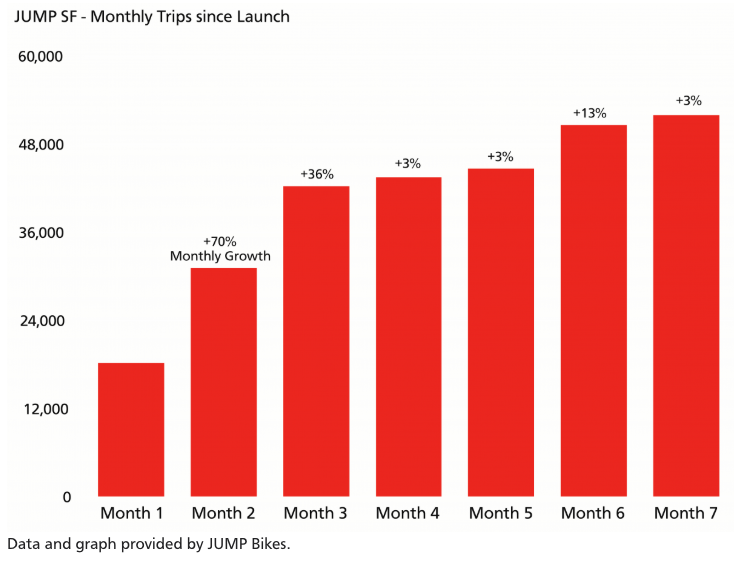David Ulevitch has had some strange dealings with investors over the years. Now, Ulevitch is himself one of them. The founder of OpenDNS, a company that sold to Cisco in 2016, is disclosing today that he has joined the venture firm Andreessen Horowitz (a16z) as its newest general partner. He is the fourth general partner to be announced by the firm since it brought aboard former federal prosecutor Katie Haun back in June.
Asked today what these new additions mean in terms of fundraising, the firm declined to say, but certainly, Ulevitch looks like a very smart hire. For one thing, he hustles. In fact, he was the general manager of Cisco’s security business until just yesterday, though he suggests that he’d been preparing to leave throughout the summer, including “talking with lots of people, figuring out how to get close to entrepreneurs and spending more time with the team here.”
Ulevitch has also been through some public ups and downs, which makes him relatable to other founders. In fact, I first met Ulevitch back in 2008, when I was writing a profile of internet pioneer Halsey Minor for a short-lived spin-off of Vanity Fair called Portfolio. Minor had co-founded the media company CNET before becoming an investor, and though he has an undeniable eye for talent, he was overspending wildly at the time in his personal life, which frustrated co-investors, as well as put the founders in his portfolio, including Ulevitch, in a precarious position.
It was an uncertain chapter for Ulevitch, whose popular company OpenDNS focused initially on consumers who wanted to block certain kinds of sites but later catered to enterprises, more of which had begun moving to “the cloud” and wanted to safely extend their service and content browsing policies to on-the-go employees. It also feels like a lifetime ago, suggests Ulevitch, whose sold the company for $635 million after raising less than $50 million altogether, including across a competitive funding that saw Sequoia Capital get involved with the company.
Interestingly, it was former Sequoia investor Michael Goguen — who was at the center of his own, separate drama a couple of years ago — who led the round. During a call today with Ulevitch, we couldn’t resist asking him how convinced he is that VCs are sane, let alone effective partners to founders. Laughing, he admitted to some “weird moments” in his career, but he also noted that he has been “able to work with great partners and board members” over the years, adding he was “always lucky to keep at arm’s length the stuff that people read about and you write about.”
Ulevitch sounds especially excited to work closely with Martin Casado, who previously co-founded the a16z-backed company Nicera (which sold to VMware in 2012), then joined a16z as a general partner in 2016. Casado has since led investments in an array of enterprise startups, including Yubico, a company behind a two-factor authentication key; the marketing activation platform ActionIQ; and the API marketplace RapidAPI.
Unsurprisingly, both paint a picture of a future that’s rife with opportunity for the two of them and the greater team, not to mention the entrepreneurs they hope to fund. Ulevitch observed on our call that there are currently four SaaS enterprise companies with valuations north of $100 billion: Salesforce, Adobe, Cisco, and Microsoft, saying that “there will be so many more of these. We’re really at the earliest innings.”
Casado, who also joined the call, said the same. “We’re starting to see enterprise mirror consumer companies in terms of having network effects and hypergrowth.” He pointed to Slack, which received one of its first checks from Andreessen Horowitz and is now valued by private investors at roughly $7 billion. He also pointed to GitHub, the popular Git-based code sharing and collaboration service that sold to Microsoft for $7.5 billion in stock four months ago, a company on which Andreessen Horowitz also made an early, and very big bet.
Said Casado of this “consumerization” of IT, a “new generation of companies is following less of an enterprise go-to-market strategy and more of a consumer growth pattern.”
With the help of its growing team of investors, a16z is clearly aiming to be there as that playbook unfolds.

Source: Tech Crunch













